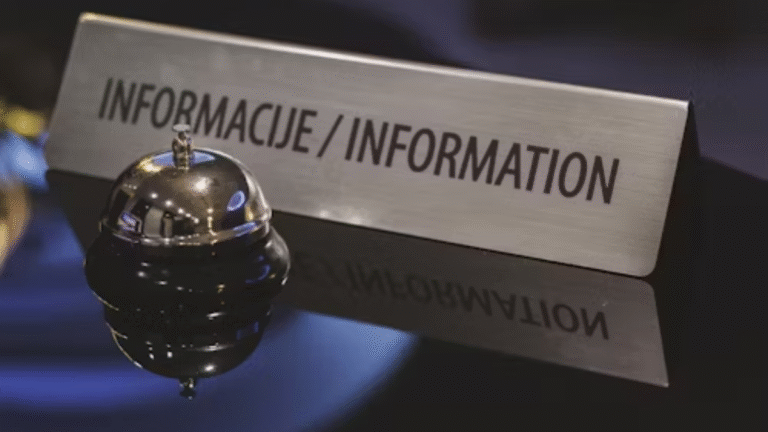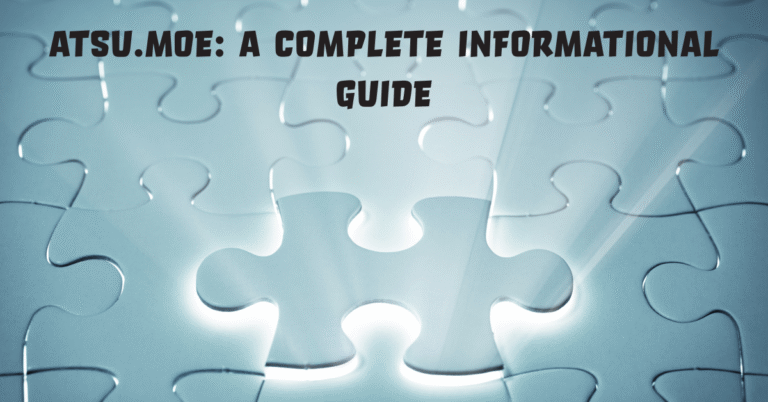Con Sense: A Complete Guide to Meaning, Practical Uses, and Modern-Day Relevance
The phrase con sense‘s often puzzles readers. At its core, it refers to a layered concept of judgment, reasoning, and perception. It can mean the ability to balance opposing views, the sense to discern both positive and negative aspects, or the practical awareness to avoid being misled. People searching for “con sense” often want clarity: what does it mean, where is it used, and why is it relevant today? The answer is simple—con sense is about learning to recognize contrasts, evaluate situations wisely, and apply reasoning in both personal and professional life.
The Origins of Con Sense’s
The word combines two ideas: con (from Latin “contra,” meaning against or opposite) and sense (meaning perception or awareness). Together, it represents the understanding of opposites, a critical sense of discernment, or an awareness of balance. While the phrase may sound unconventional, its roots stretch back into philosophy and logic, where recognizing contrasting elements was central to rational thought.
Historically, thinkers like Aristotle spoke about “common sense” as the foundation of shared understanding. Con sense’s by contrast, emphasizes not the shared but the comparative—the ability to weigh contradictions. This makes it an essential skill in modern decision-making.
Why Con Sense Matters Today
We live in a world full of contradictions: promises versus reality, benefits versus drawbacks, appearance versus truth. Con sense’s gives individuals the ability to navigate this complexity. It matters because it:
- Sharpens Critical Thinking: Helps individuals avoid manipulation.
- Balances Pros and Cons: Encourages fair evaluation.
- Improves Decision-Making: Offers clarity in confusing situations.
- Supports Emotional Intelligence: Helps interpret others’ intentions with care.
- Strengthens Communication: Builds awareness of nuance in conversation.
In short, con sense’s is not abstract philosophy; it is a practical tool for everyday life.
Applications of Con Sense in Modern Contexts
Where does con sense’s show up? Almost everywhere. Consider these examples:
- Business Decisions – Leaders must evaluate risks and rewards simultaneously.
- Personal Finance – Recognizing “too good to be true” schemes.
- Media Consumption – Distinguishing fact from spin.
- Relationships – Understanding words versus intentions.
- Education – Teaching students to analyze, not just memorize.
By applying con sense’s individuals become better equipped to live responsibly in a world of competing narratives.
Key Characteristics of Con Sense
To better understand its nature, let’s explore some defining traits.
| Characteristic | Description | Example in Action |
|---|---|---|
| Analytical Awareness | Ability to examine both sides critically | A manager balancing staff workload with company goals |
| Practical Judgment | Making choices that hold long-term value | Avoiding trendy investments with hidden risks |
| Emotional Discernment | Reading intentions behind actions | Noticing insincerity in over-politeness |
| Adaptability | Adjusting sense based on context | Changing opinion when new evidence emerges |
| Preventive Thinking | Avoiding future harm by noticing red flags early | Spotting flaws in a business contract |
These traits show that con sense’s is more than intuition—it is a cultivated discipline.
Con Sense vs Common Sense
Many confuse con sense’s with common sense. While related, they are not identical.
- Common Sense: Basic shared knowledge (e.g., fire is hot).
- Con Sense: Evaluative, discerning knowledge that questions and balances (e.g., fire provides warmth but can also harm).
Common sense tells us what most people know. Con sense’s helps us go deeper, challenging surface understanding to reveal hidden truths.
Developing Con Sense in Daily Life
Anyone can strengthen con sense’s It requires practice, reflection, and curiosity. Here are methods:
- Ask Questions: Don’t accept statements at face value.
- Compare Outcomes: Weigh short-term benefits against long-term effects.
- Stay Informed: Knowledge sharpens perception.
- Reflect Before Acting: Pause to evaluate options.
- Learn from Mistakes: Each failure strengthens judgment.
For example, before signing up for a financial scheme, ask: What do I gain now? What could I lose later? That’s con sense’s at work.
Con Sense in Leadership
Leaders thrive on con sense. They face constant contradictions: motivating teams while cutting costs, driving innovation while reducing risks, supporting employees while satisfying shareholders. Leaders without con sense’s may appear reckless, while those with it balance demands wisely.
This balance creates trust. Employees respect leaders who see both sides of an issue, not just their own agenda. In global organizations, cultural contradictions are common, and con sense’s allows leaders to adapt sensitively.
Con Sense in Education
Schools and universities often emphasize knowledge, but less often discernment. Teaching con sense encourages students to:
- Challenge bias in textbooks.
- Question online sources.
- Evaluate opposing theories.
- Build tolerance for different views.
By fostering con sense’s education can produce not just workers, but thoughtful citizens.
Psychological Dimensions of Con Sense
Con sense links closely with psychology. It demands:
- Cognitive Flexibility: The ability to shift between perspectives.
- Emotional Regulation: Keeping feelings from clouding judgment.
- Social Awareness: Reading group dynamics carefully.
These skills overlap with emotional intelligence, making con sense’s not just intellectual but emotional.
Risks of Ignoring Con Sense
Failing to use con sense’s can lead to:
- Falling for scams.
- Making impulsive decisions.
- Misjudging relationships.
- Believing misinformation.
- Ignoring red flags in business deals.
Every major mistake in history—from financial bubbles to personal betrayals—has roots in ignoring con sense’s.
Con Sense in Technology
The digital era demands a new level of discernment. Algorithms push targeted content, sometimes blurring truth and manipulation. Con sense’s helps users recognize:
- When an ad disguises itself as news.
- When “free” apps are actually harvesting data.
- When trending content hides deeper agendas.
In a world of constant information, con sense’s protects digital citizens.
Ethical Implications of Con Sense
There is also a moral dimension. Con sense’s involves not just perceiving contradictions, but choosing ethically among them. For instance:
- A business might profit from cutting corners, but con sense’s reveals the long-term harm.
- A person might win arguments through manipulation, but con sense’s values fairness.
Ethics and con sense’s together guide sustainable choices.
Global Perspective
Across cultures, con sense’s takes different forms:
- In Asia: Philosophical traditions like Taoism embrace balance (yin and yang).
- In Europe: Enlightenment thinkers emphasized rational contradiction.
- In Africa: Community-based wisdom highlights collective discernment.
- In the Middle East: Religious and philosophical traditions stress moral awareness.
This shows that while the phrase may be modern, the practice of con sense’s is universal.
Future of Con Sense
As artificial intelligence, globalization, and social complexities deepen, con sense’s will only grow in importance. Future applications may include:
- AI Ethics: Teaching machines to weigh contradictory outcomes.
- Sustainable Business: Balancing profit with environmental care.
- Global Politics: Managing conflicts through understanding both sides.
- Personal Development: Building resilience through discernment.
The future belongs to those who cultivate the ability to balance contradictions wisely.
Conclusion
Con sense’s is more than a phrase—it is a lens for living. It teaches us to evaluate, to balance, to discern, and to act responsibly. Whether in leadership, relationships, technology, or personal decisions, the ability to recognize both sides of a situation defines maturity. In times of uncertainty, con sense’s becomes not just a skill, but a survival tool.
FAQs
1. What does con sense’s mean in simple words?
It means the ability to see both sides of a situation and make wise, balanced decisions.
2. How is con sense’s different from common sense?
Common sense is shared basic knowledge, while con sense involves evaluating contradictions and making deeper judgments.
3. Can con sense be learned?
Yes. By asking questions, reflecting, and analyzing outcomes, anyone can develop con sense over time.
4. Why is con sense important in business?
It helps leaders balance risks and rewards, avoid scams, and make sustainable decisions.
5. Does con sense have cultural relevance?
Yes. Across cultures, con sense is reflected in philosophies that emphasize balance, wisdom, and discernment.







